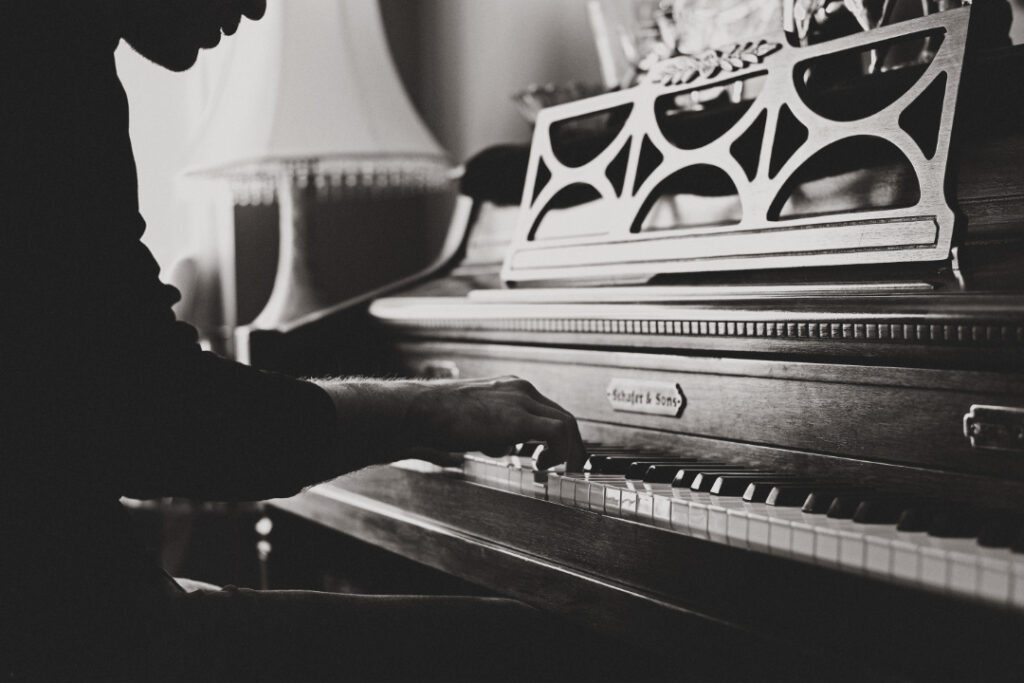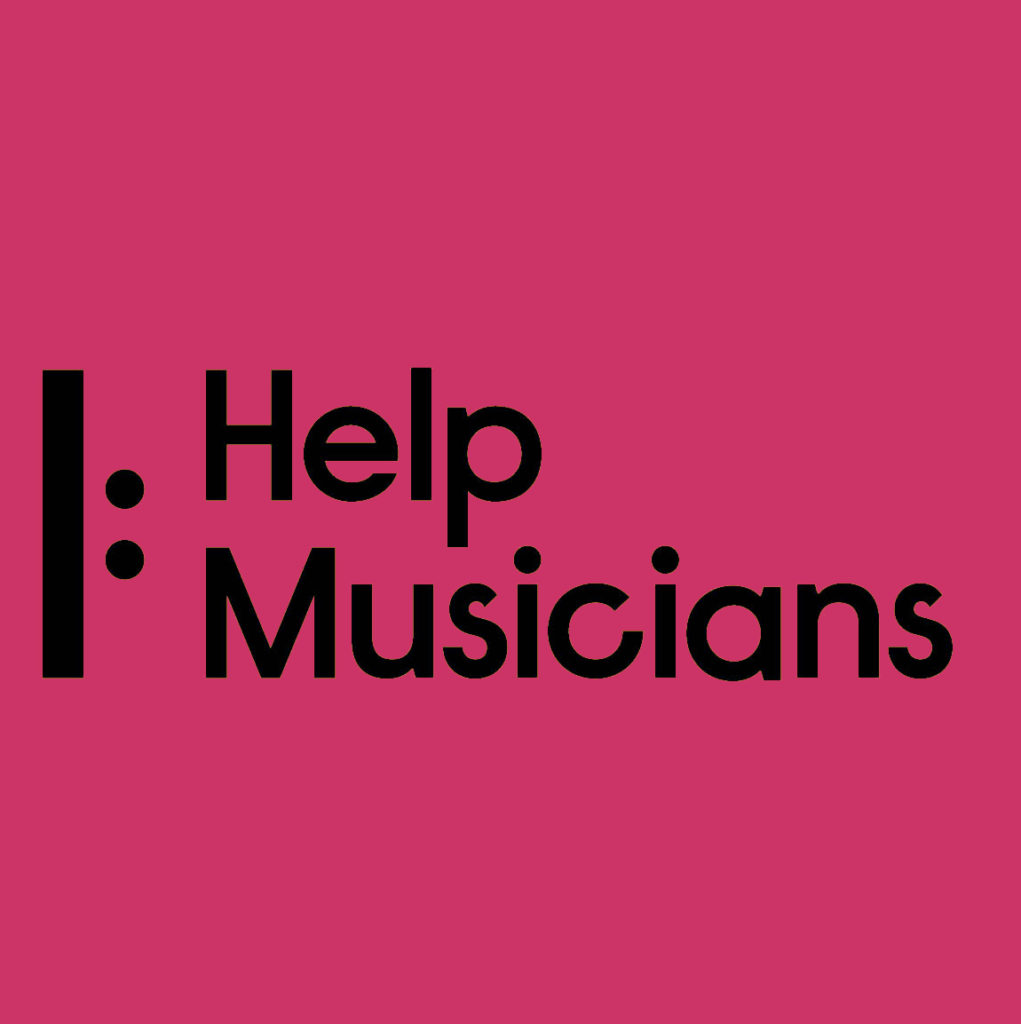INDUSTRY TIPS:
8 WAYS TO FUND A CAREER IN THE MUSIC INDUSTRY
Struggling to fund your career?
Don’t know how to increase your income?
Then check out the 8 INCOME STREAMS below and start making a PROFIT!
1. DAY JOB
Self-funding is the normal method of funding for most artists.
It usually involves holding down a day job whilst using nights and weekends to spend time on your music interests.
Day jobs offer stability of income, but greatly restrict the time you can spend as a musician. Where possible, having a flexible working relationship with your boss, or a job that’s part time can offer the best of both worlds.
A day job can be one of the best ways financially to kick your career off in the early days, however be aware – once you get used to that cushy salary, it may be difficult to make the transition from well-paid full time worker to low-paid full time musician!

Pro’s
- A decent and regular wage that can be relied upon
- Easy to transform workmates into fans
- Often get access to knowledgable people and business perks
Con’s
- Working 40+ hours per week
- Have to ask for time off work to rehearse, gig/tour or record
- Hours are often 9am - 5pm which is tough when there will be many late nights
2. FAMILY AND FRIENDS
Many artists are fortunate enough to have someone close to them that can financially support a career in the music industry.
Whether this is full financial support or a smaller amount just to get you started, ensure that you outline the basic terms of an agreement before getting started.
Disagreements about money is one of the most frequent reasons for an artist or band breaking up. And if you do this with a family member or friend, it can often ruin the personal relationship too, so ensure everything is fully transparent and try and keep the business and personal stuff separated at all times.

Pro’s
- Money is usually available immediately
- Often given as a gift rather than a repayment loan
- No credit checks required
Con’s
- Possibility of falling out over money
- Situation dependant - not available to all artists
- Funds may be based on achieving certain goals
3. CROWDFUNDING
Crowdfunding is still a relative new-comer to the financial strategy of the music industry. The model used to be:
Pay > Record > Release > Sell > Income
Now it has become possible to flip this, raising your funds in advance:
Crowdfund > Record > Release > Stream
Using this method, the funds received in advance will pay for the project, rather than using sales to pay off the money already spent.
Some of the best Crowdfunding websites for music-related projects include

Pro’s
- Easier to get smaller amounts of investment than one lump sum
- Allows your fanbase to be an important part of your project
- A great ways to stay in touch with your fans
Con’s
- Relies on your project being interesting enough for multiple people to invest
- If you don't achieve your full goal, you may have to fund the remainder yourself
- May feel to some people like you're asking for charity (although it isn't!)
4. ANGEL INVESTOR
An angel investor is a wealthy individual who provides financial backing in exchange for ownership equity in your company. In this case, you as the artist are the company.
Getting an Angel Investor on board is one of the tougher ways to fund your career in the music industry, as they will most likely require you to set out your financial goals and forecasts, similar to how a regular company would when asking a bank for funding.
Be aware that your Angel Investor will want their investment returned plus a little extra as profit. The exact profit split will be down to the deal you do with them, but could range from 10% – 50%.

Pro’s
- Access to a large amount of funds
- Only requires 1 investor
- You will often receive additional support from the investors business team
Con’s
- Investor may apply pressure on you to make more money
- Creative decisions may get compromised in favour of solutions that have a better return
- Only really an option if you have the skills and expertise to plan and execute a business strategy for your project
5. FUNCTION BAND
Whilst the function band market is well stocked with great bands, there’s always room for more – especially if you can put a twist on your performance. For example, playing acoustic versions of heavy rock songs or jazz versions of pop songs.
Be prepared to treat it almost as importantly as your original music career. You’ll be required to rehearse, record, make live music videos and maintain a website.
A top function band can easily take home in excess of £1,000 per gig, which make it a fantastic way to help fund your career in the music industry.

Pro’s
- Large performance fees
- Earning money from within the music industry
- Great way to practice playing in front of a crowd
Con’s
- Requires time and money to set up the function band
- Learn additional songs and need a lot of extra rehearsals
- Usually need to bring your own full backline and PA
6. BUSKING
The topic of busking has always had a bit of a ‘Marmite’ response from artists I speak with.
Of those that give busking a go, I’ve seen nothing but success. Soloists, duos, and full bands stripped back to acoustic do very well. It’s not unusual for buskers to regularly walk away with £50+ per hour for their troubles.
Busking is also very accessible. You can busk with just a guitar and voice, or outlay a small amount of money and buy a basic portable PA setup.
For more info on where you’re allowed to busk, check on your local council website.

Pro’s
- No limit on how often you can busk
- Fantastic opportunity to earn a decent fee per hour
- You can include cover songs or original songs and try out new material
Con’s
- You may need to perform in all types of weather
- Need to be comfortable with rejection
- May require investment in a small PA system
7. GRANTS
The topic of busking has always had a bit of a ‘Marmite’ response from artists I speak with.
Of those that give busking a go, I’ve seen nothing but success. Soloists, duos, and full bands stripped back to acoustic do very well. It’s not unusual for buskers to regularly walk away with £50+ per hour for their troubles.
Busking is also very accessible. You can busk with just a guitar and voice, or outlay a small amount of money and buy a basic portable PA setup.
For more info on where you’re allowed to busk, check on your local council website.

Pro’s
- Grants are basically free money 🙂
- The money received allows you to further your career in the music industry
- Being accepted is something you can shout about on your social media pages
Con’s
- There are always a number of other artists applying for the same grant
- The application process can be quite lengthy
- Any money received can only be spent in line with the rules of the grant
8. TUITION
If you’ve never taught before, don’t be scared of the process – you’re most likely the most experienced person in the room!
There are an indefinite number of teaching methods out there. The main thing is to find your own method that you feel comfortable with, then go with that.
Get yourself out there! Make some basic business cards. Hand them out at music stores, music equipment shops, or any family or friend business that will let you. The more people that know about you the better!

Pro’s
- Teach from your home for free
- Regular income based on how many students you have
- Teaching others will make you a better musician
Con’s
- Finding fee-paying students may be difficult at first
- You'll need to plan your lessons ahead of time
- Teaching isn't for everyone and you may find it doesn't suit you







